‘We should be living in a brave country and on a brave planet that bravely distributes its occupants,’ thinks Rose Goyenetche, a middle-class, middle-aged Parisian child psychologist and the heroine of Marie Darrieussecq’s Crossed Lines.
The story unfolds on a Mediterranean cruise ship, where Rose is holidaying in a deluxe cabin (‘that is, economy class’) on an all-inclusive-without-alcohol-without-wifi package sponsored by her mother as a chance for Rose to get some perspective on her life.
Already a subscriber? Log in
Subscribe for just $2 a week
Try a month of The Spectator Australia absolutely free and without commitment. Not only that but – if you choose to continue – you’ll pay just $2 a week for your first year.
- Unlimited access to spectator.com.au and app
- The weekly edition on the Spectator Australia app
- Spectator podcasts and newsletters
- Full access to spectator.co.uk
Unlock this article
You might disagree with half of it, but you’ll enjoy reading all of it. Try your first month for free, then just $2 a week for the remainder of your first year.

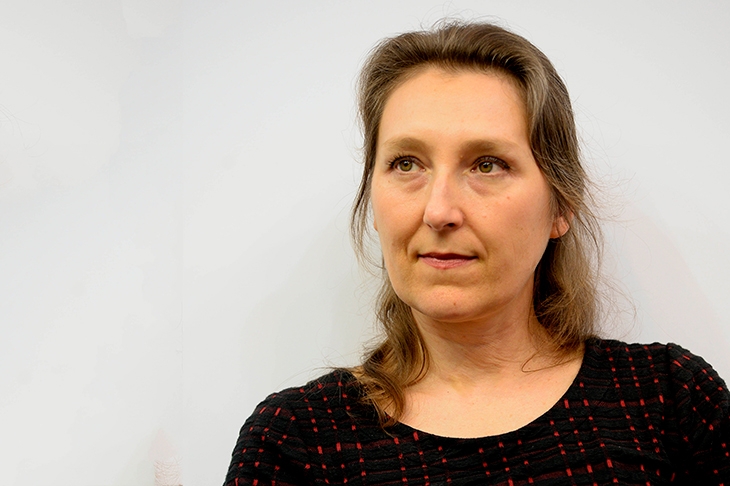
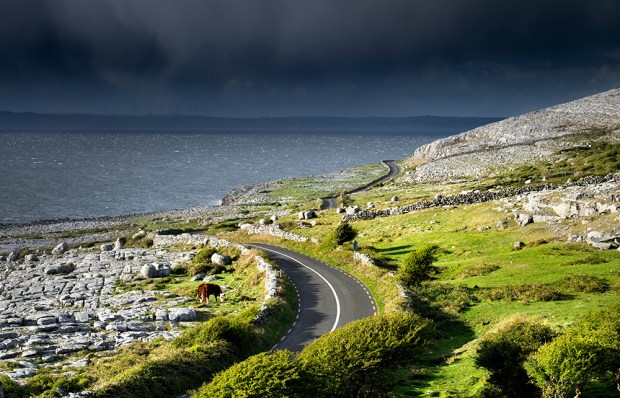


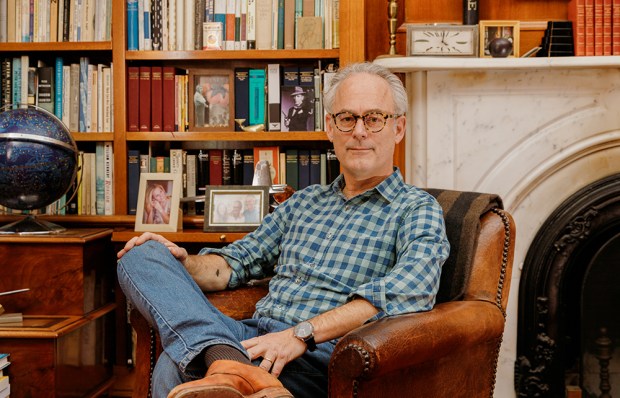
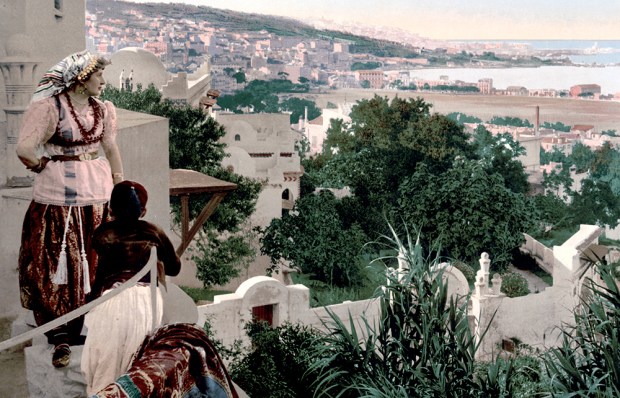
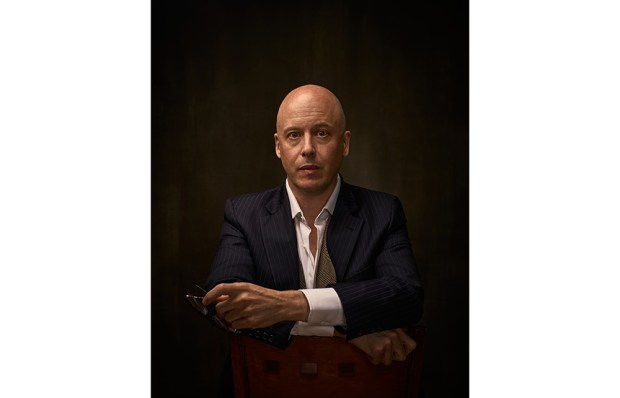






Comments
Don't miss out
Join the conversation with other Spectator Australia readers. Subscribe to leave a comment.
SUBSCRIBEAlready a subscriber? Log in